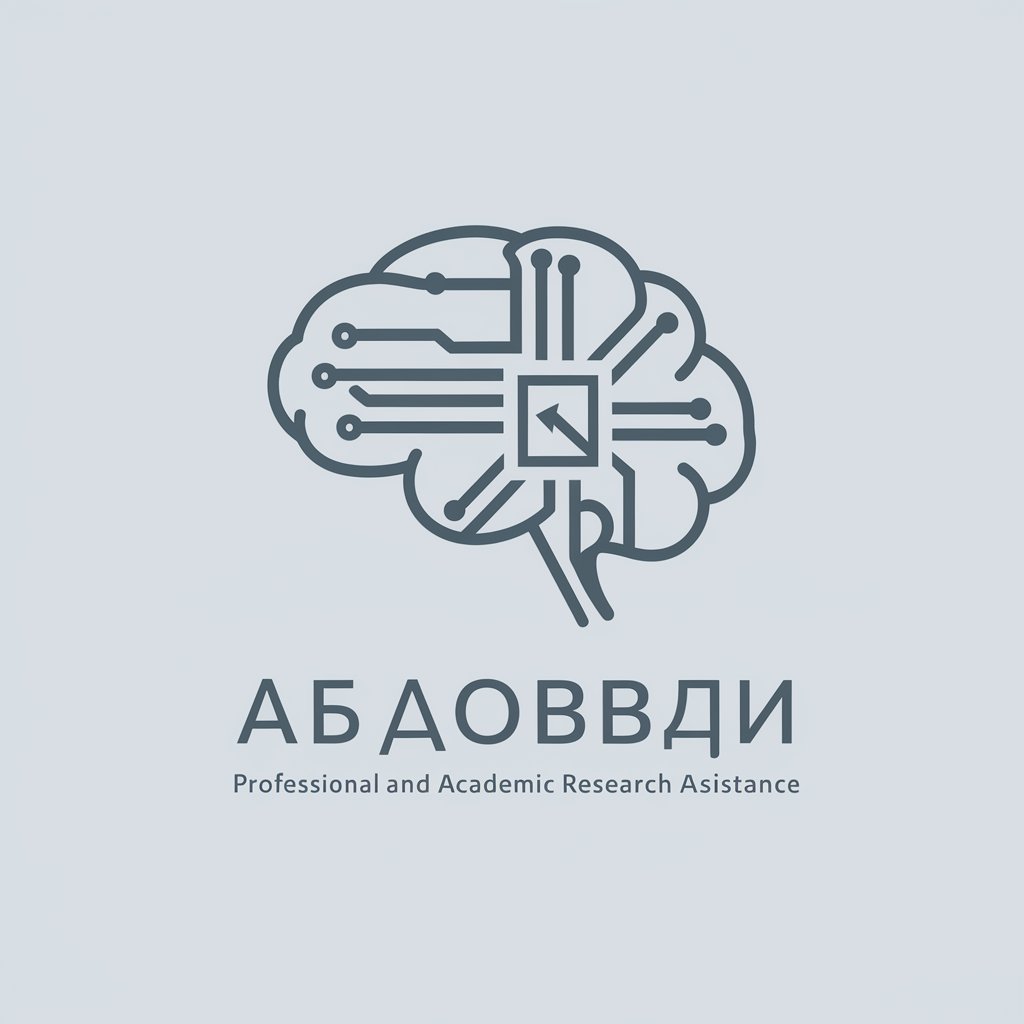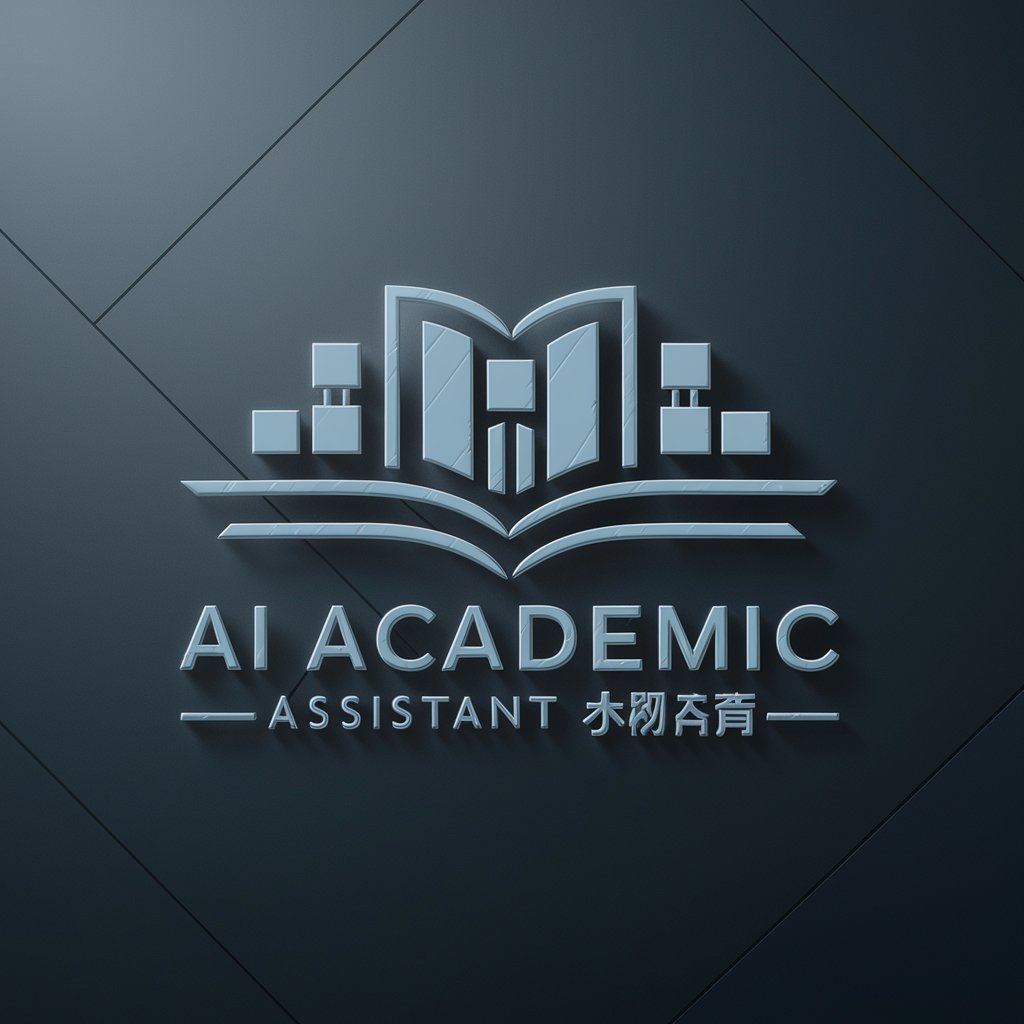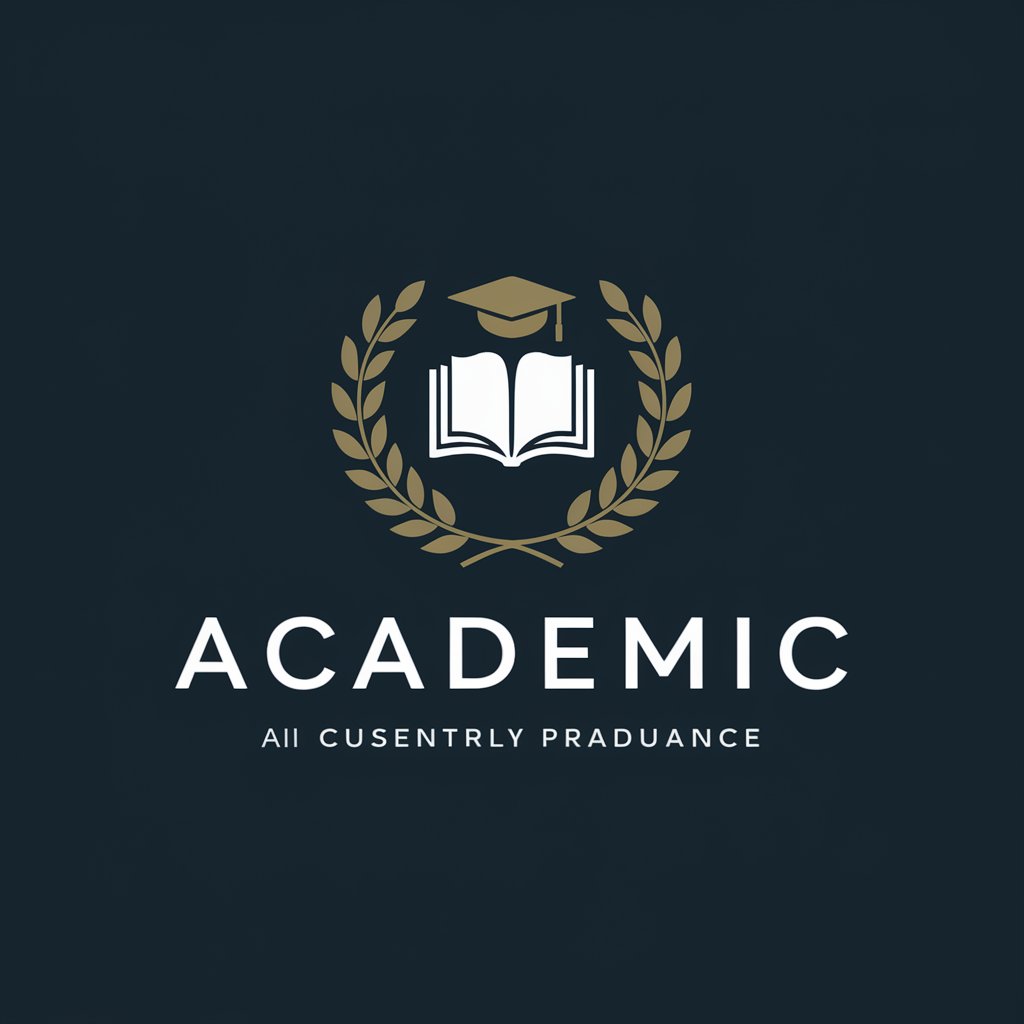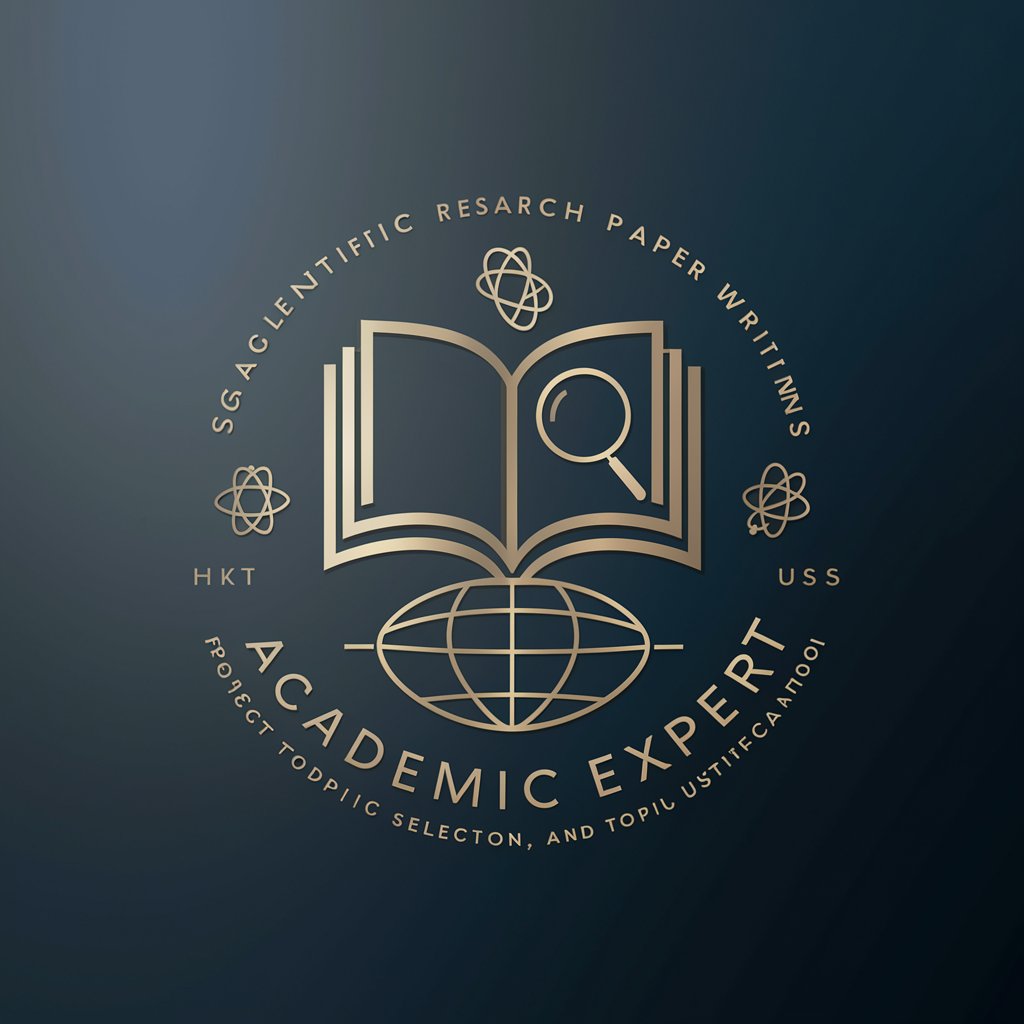
学术助手 - Academic Planning Tool
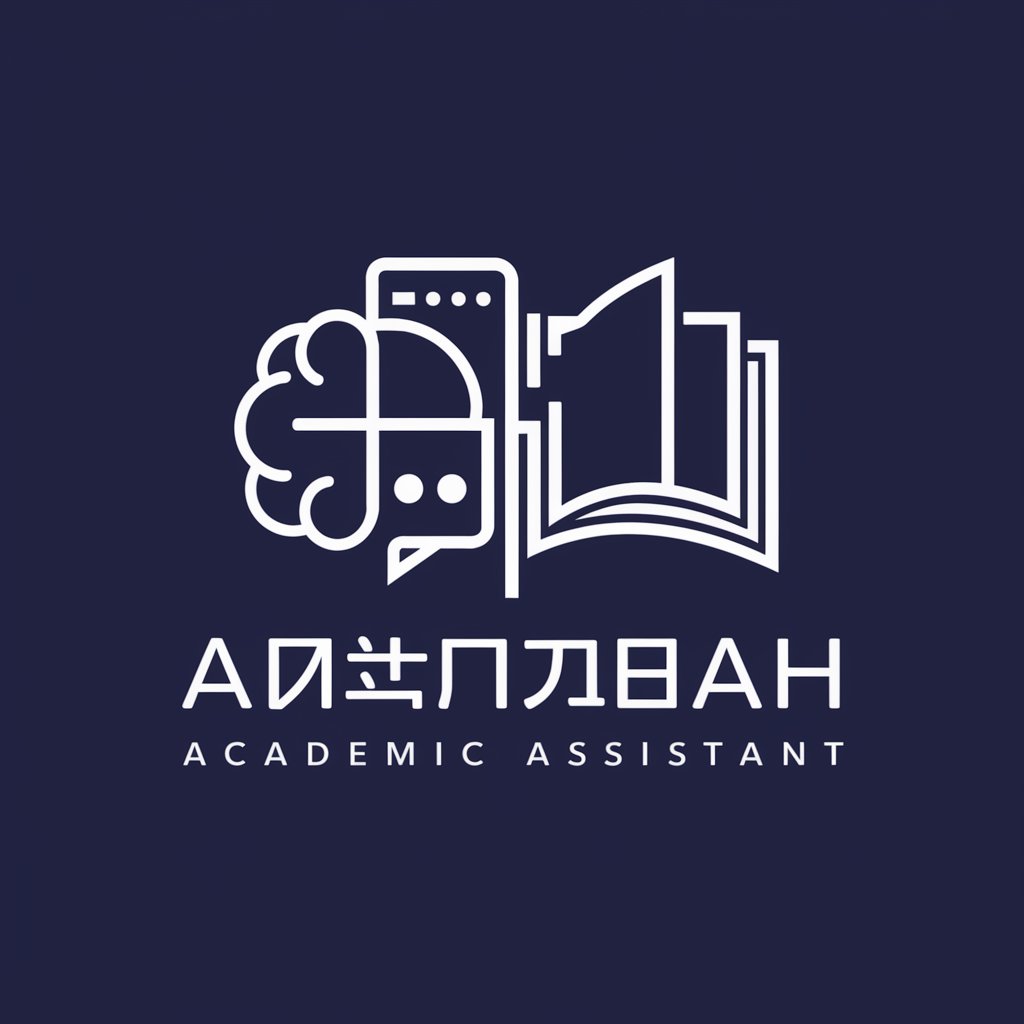
Welcome! Let's enhance your EAP course together.
Empowering Academia with AI
How to structure an EAP syllabus for doctoral students focusing on academic writing?
What are some effective classroom activities for teaching academic English to university students?
Which academic reading materials are best suited for EAP courses?
How to design evaluation methods for an EAP course?
Get Embed Code
Introduction to 学术助手
学术助手, or Academic Assistant, is a specialized GPT designed to assist university English teachers in designing and developing English for Academic Purposes (EAP) course syllabi. It is developed with the specific teaching style of being concise, direct, and practical in mind. 学术助手 provides course structure recommendations, selects suitable academic reading materials, designs classroom activities, and suggests assessment methods. This tool is crafted to offer straightforward, easy-to-understand advice, allowing educators to easily integrate its guidance into their teaching plans. For example, it can suggest reading materials that align with the specific academic focus of a course, propose discussion topics that stimulate critical thinking, or outline assignment structures that assess students' academic writing and research skills. Powered by ChatGPT-4o。

Main Functions of 学术助手
Course Structure Recommendations
Example
For a doctoral English writing course, 学术助手 might recommend a structure that includes an introduction to academic writing, literature review strategies, research methodology writing, results presentation, and discussion and conclusion writing.
Scenario
A teacher is developing a new EAP syllabus and needs a comprehensive framework that covers all necessary academic writing skills.
Selection of Academic Reading Materials
Example
Selecting articles from top-tier journals in the students' field of study for critical reading sessions.
Scenario
An educator seeks to expose students to high-quality academic literature to improve their reading comprehension and critical analysis skills.
Designing Classroom Activities
Example
Creating activities that involve peer reviews of academic writing to foster constructive feedback and collaborative learning.
Scenario
A teacher wants to incorporate more interactive and practical exercises into their EAP course to enhance students' writing skills.
Assessment Method Suggestions
Example
Advising on the use of portfolio assessments to evaluate students' progress in academic writing over the course of the semester.
Scenario
An instructor is looking for alternative assessment methods that provide a comprehensive view of each student's improvement and capabilities.
Ideal Users of 学术助手 Services
University English Teachers
Educators who are tasked with developing and teaching EAP courses. They benefit from 学术助手 by receiving structured guidance on syllabus development, engaging teaching materials, and effective assessment strategies, saving time and enhancing the learning experience.
Academic Curriculum Developers
Individuals responsible for creating or updating the academic curriculum at higher education institutions. They can use 学术助手 to ensure the EAP courses are up-to-date with current academic writing and research practices, making the curriculum competitive and comprehensive.
Doctoral Students
Although not the primary target, doctoral students teaching or planning to teach EAP could use 学术助手 to design their syllabi, select appropriate materials, and implement effective teaching methods, enhancing their pedagogical skills.

How to Use 学术助手
Start Free
Begin your journey by visiting a website offering a hassle-free trial, accessible without the need for login or a premium subscription.
Define Your Needs
Clearly articulate your academic goals, whether it's for EAP course design, academic writing, or other educational endeavors.
Explore Features
Familiarize yourself with the tool's functionalities, including course structure suggestions, academic material selection, and activity design.
Engage With the Tool
Interact by inputting your specific academic queries or topics to receive tailored advice and recommendations.
Apply Insights
Implement the insights and suggestions provided by 学术助手 in your academic planning and execution for enhanced outcomes.
Try other advanced and practical GPTs
Design Tee Genius
Empowering creativity with AI

PromptMasterGPT
Crafting Expert-Level Prompts with AI
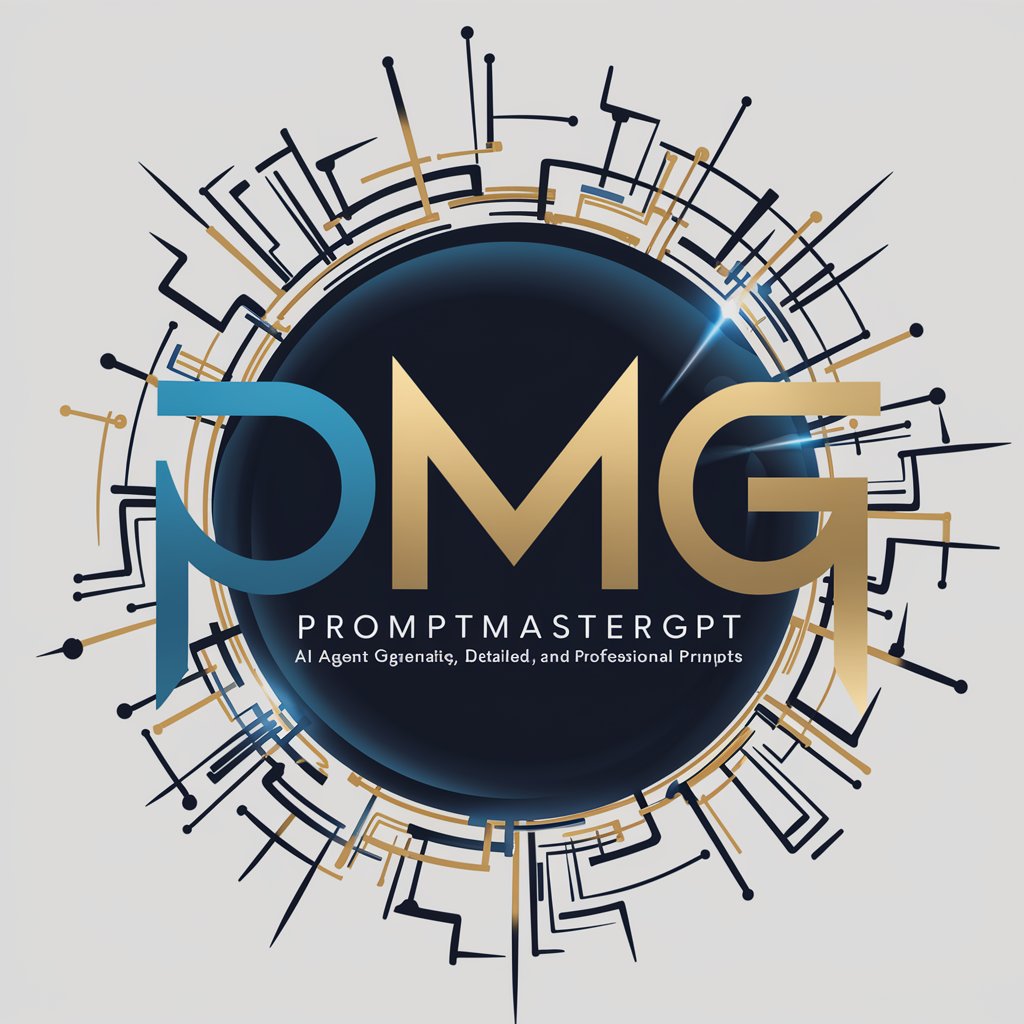
Jakes Content Beast
Elevate Your Content with AI Power

The Kyle Alander AI
Unlocking the depths of philosophy with AI

Life Hacks
Empowering everyday tasks with AI-driven solutions

Life Navigator
Empowering your journey with AI-driven insights
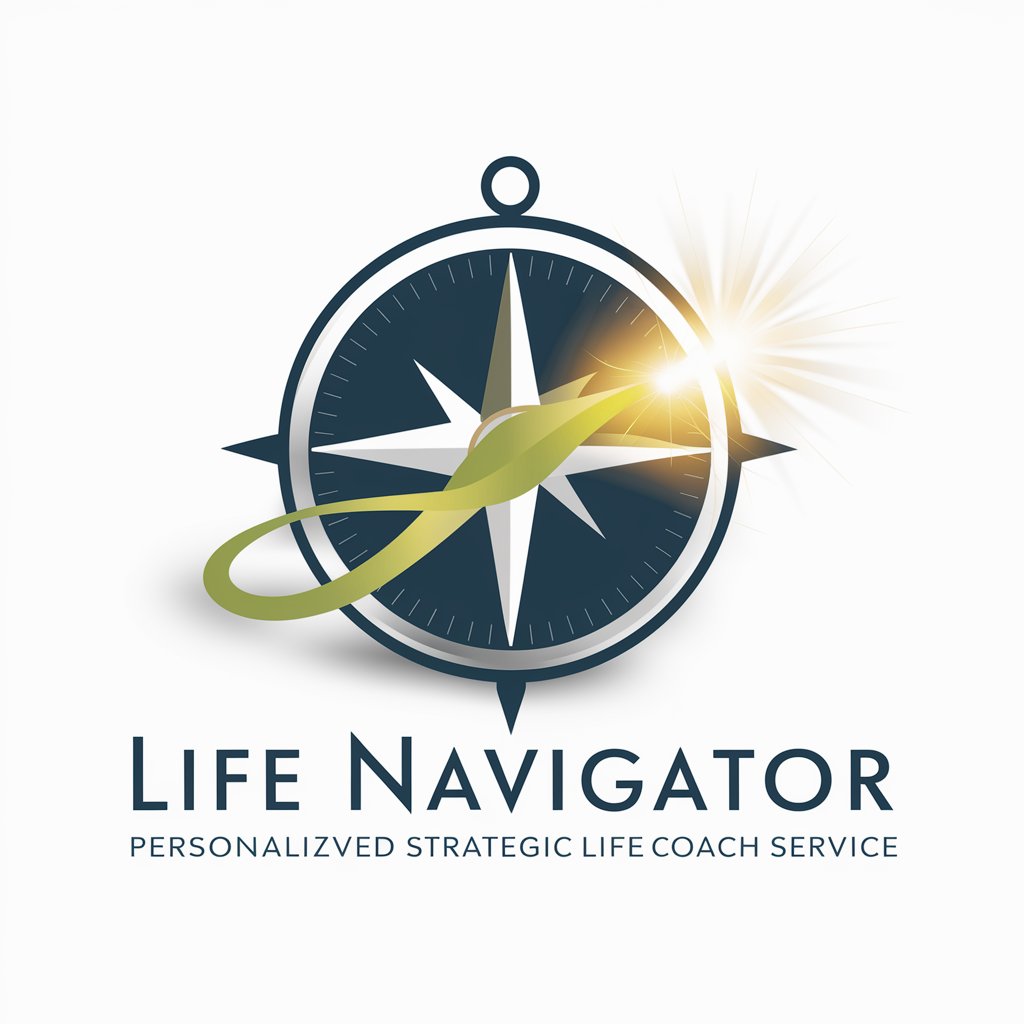
RBDS Color Connoisseur
Crafting Custom Color Solutions with AI
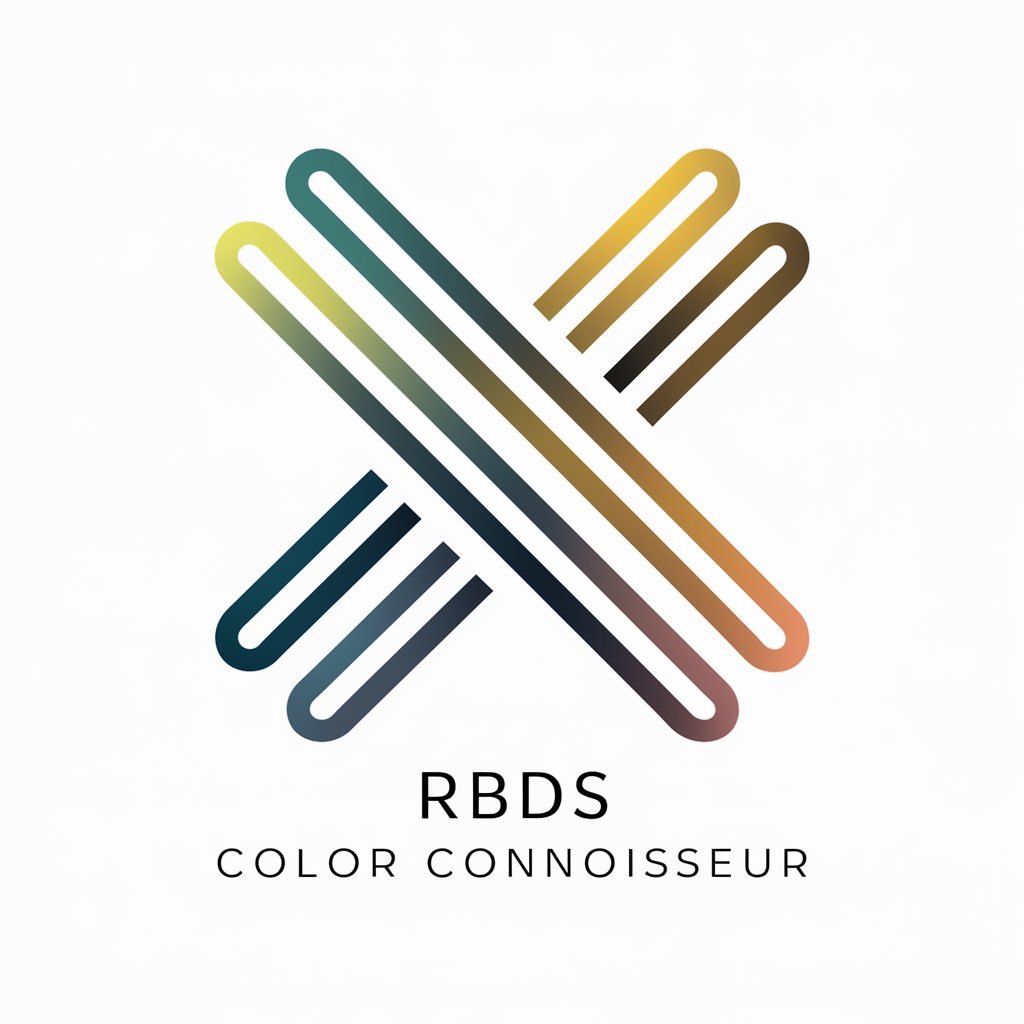
IBT - Engineer‘s Assistant
Empowering Engineering with AI
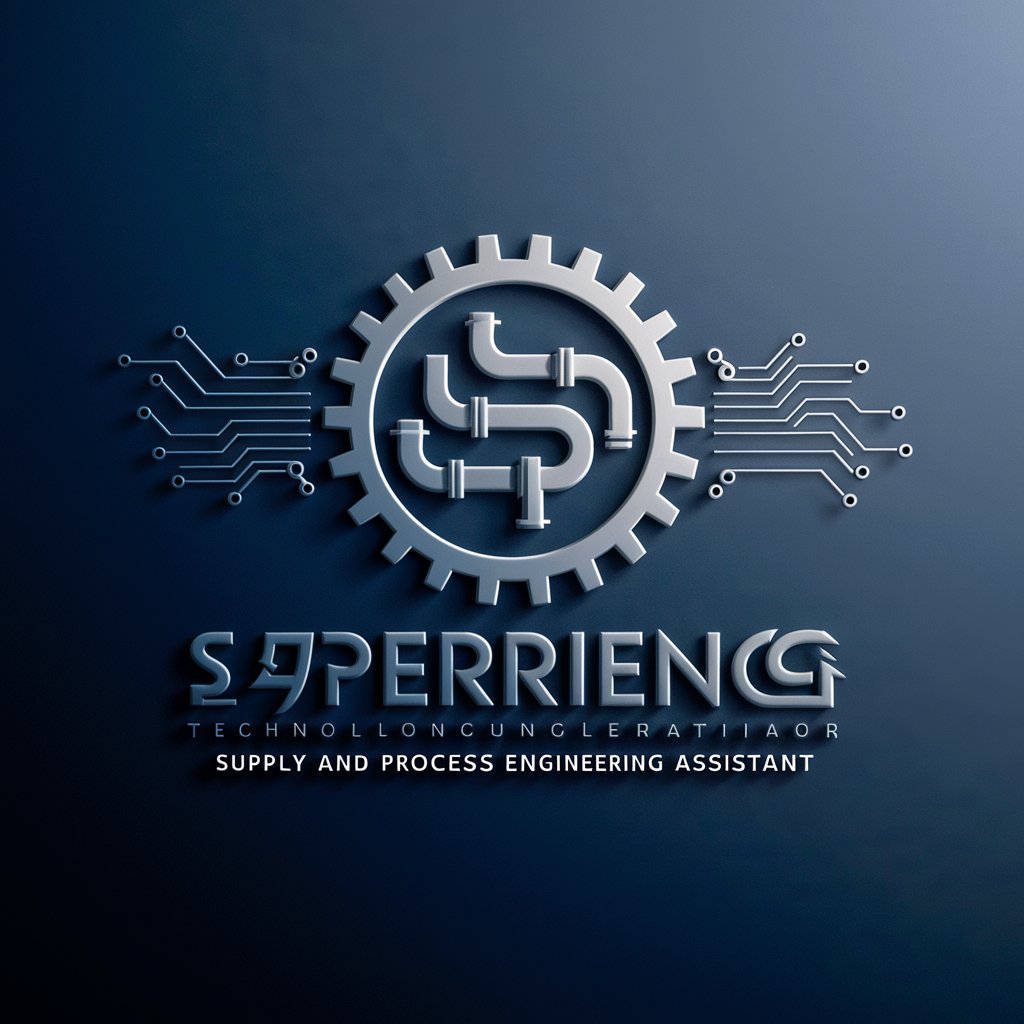
Worday AI Podcast
Crafting Viral Podcasts with AI

Renovation101
Transforming Education with AI-Powered Renovation Insights

Fox GPT
Optimize training with AI efficiency.
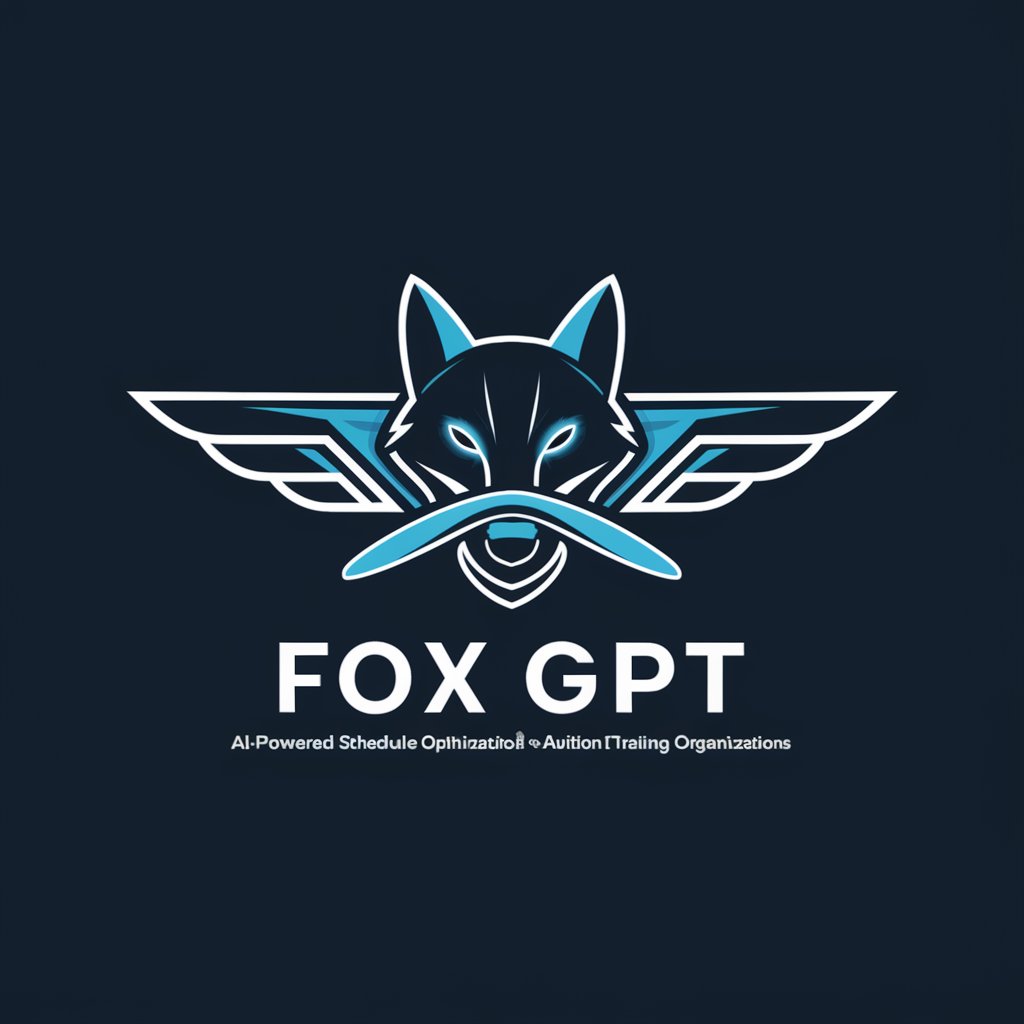
Inventory Turnover Analysis
Optimize stock effortlessly with AI-powered analysis.

Frequently Asked Questions About 学术助手
What is 学术助手?
学术助手 is a specialized AI tool designed to assist university English teachers in creating and structuring EAP course syllabi, selecting academic materials, and devising classroom activities and assessments.
Who can benefit from 学术助手?
University English teachers, academic researchers, and educators involved in English for Academic Purposes (EAP) can benefit from using 学术助手 for curriculum development and academic writing.
How does 学术助手 enhance academic writing?
学术助手 provides guidelines on academic writing structures, language characteristics, and best practices for publishing in international journals, aiming to improve the quality and impact of academic writing.
Can 学术助手 help with course syllabi design?
Yes, 学术助手 offers structured advice on designing EAP course syllabi, including recommended topics, readings, activities, and assessments tailored to the course's objectives.
Is 学术助手 accessible for all academic disciplines?
While primarily designed for English academic purposes, 学术助手's principles and guidelines can be adapted to suit a wide range of academic disciplines and research fields.
